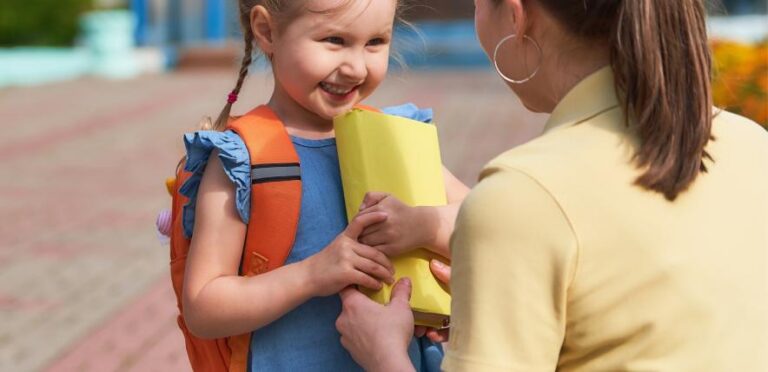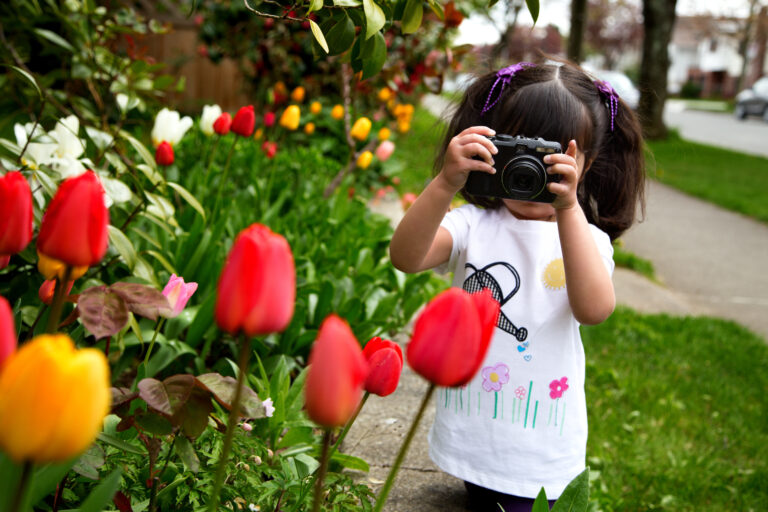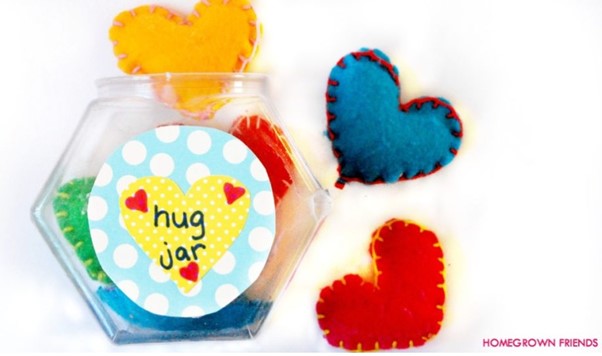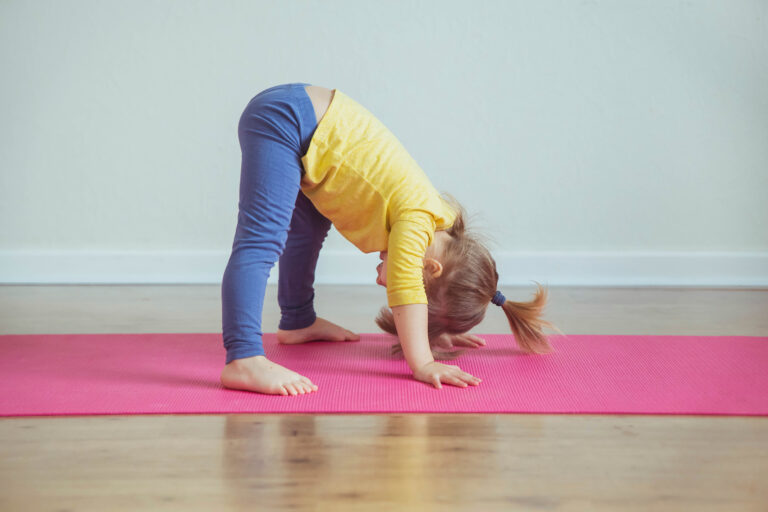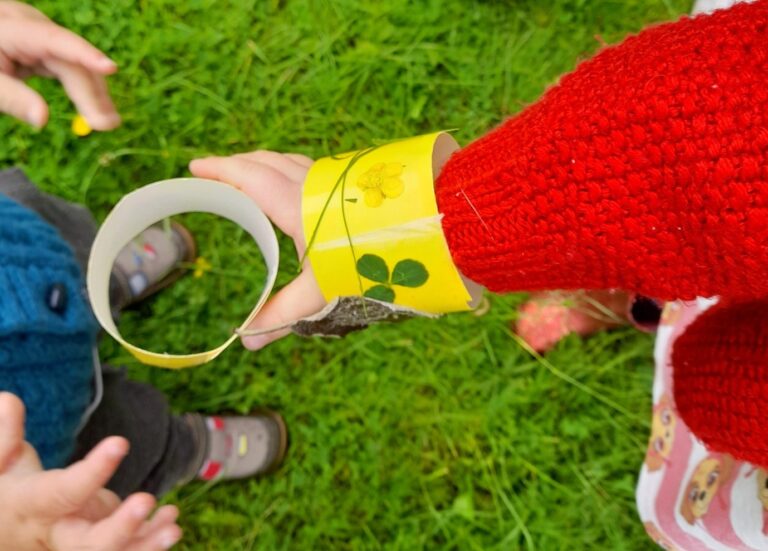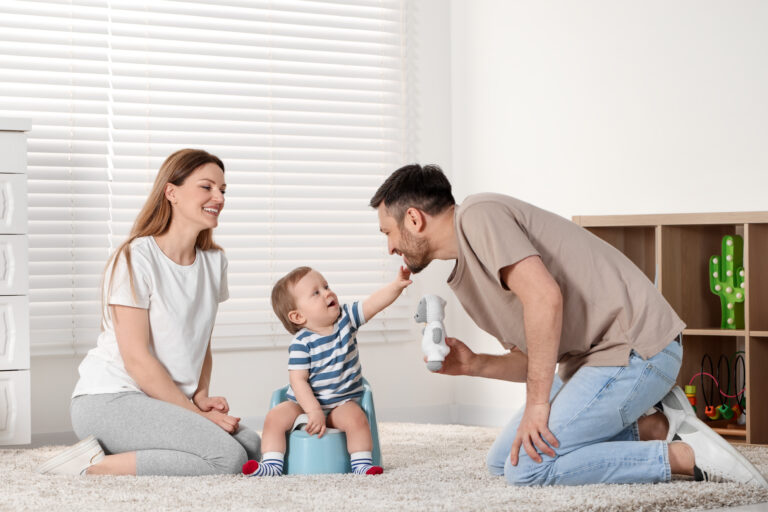Holly King-Mand has four children and is widely known as ‘The Nation’s Favourite English Teacher’. She is a writer, presenter, online teacher and literacy advocate and campaigner.
Starting school is one of the most wondrous, thrilling and life-changing things a child will experience. Equally so for their caregiver, sending their child off to school for the first time!
Last September, we had the heady joy of seeing our firstborn daughter start school and this September our second daughter starts reception whilst our third daughter is returning to preschool for her first full term. We have shed emotional tears (well, Mum did!), we have worried for them, and we have cheered them along. Here’s our top tips for starting school or preschool for the first time…
Transition
Most schools and preschools will have a system of settling children into their new setting. Our girls’ school invited them in for a play session with their adult and then a play session without. This was a great way of easing them (and us) into their new setting and preparing them for fending for themselves in a learning environment without us.
If you have not had a transition session (or even if you have!), you can easily create your own by showing your child photographs of their new setting and what classrooms look like and role-playing common school scenarios such as taking registers, tidy up time and home time. You can even practise the school run a couple of times, too!
Practical preparation
Uniform: Do not leave uniform shopping until the last minute! You may not find your favoured styles or worse, shops might have altogether sold out. Supermarkets are a great place to get good quality, good value uniform and Facebook Marketplace or your local children’s centre might be able to help if you are really stuck in the last few days of the holiday or are searching for a bargain.
Lunches: Reception children in England are given free school lunches, but if you prefer to send a packed lunch (or if your child is about to start preschool) check what the school rules and expectations are. This is likely to include no nuts, no sweets/fizzy drinks and lunchboxes to be labelled. Bento-style lunchboxes are great options for fussy eaters; our girls loved having a grazing picnic each day.
Sports kits: Don’t forget to check PE/forest school arrangements with the class teacher on the first day. Our daughters’ preschool insisted wellies were left by the door at drop off, whereas at school our eldest is expected to wear forest school gear on arrival and take school uniform in a bag instead.
Academic preparation
Writing: We have always used wipe-clean pen control books for the girls in the time preceding ‘big school’ and investing in good quality ones (and looking after them) has meant we’ve been able to reuse them and pass them down each child. We particularly like the Collins wipe-clean books and phonics workbooks. Practising a range of letters is important but if you are stuck where to start, the first letter of first names and surnames are particularly useful for your child. It’s also worth remembering that children will not be taught capital letters (apart from at the start of their names) until much later, so start with a focus on lower case letters.
Focus: When children join formal learning settings such as reception, and even preschool, it is helpful if they can sit calmly and listen to a story. This is a simply thing to practise at home, even if it is not perfected before they start! It will help them to learn the skill of focus and enable them to participate in classroom activities that include focus and instruction; they will be advantaged by understanding the expectations around this.
Reading: Reading will always be mine, and many other teachers’, no.1 tip for solving all types of problems and supporting all types of growth. Reading to your child every day before they start school means they are likely to have heard over 290,000 more words than their peers who were not read to. They will have stronger communication and listening skills and will also be more likely to succeed. As the saying goes, ‘kids who read succeed’.
Emotional preparation
For some children, beginning school will be the first time they spend prolonged time away from their caregivers. If you can, try to organise unchaperoned play dates with trusted family friends or a couple of days at holiday clubs so that your little one can get used to being apart from you.
It’s worth remembering that children absorb our moods and tones like little sponges, so if you’re feeling nervous or emotional about them starting school or preschool, try hard not to show it! Be positive and supportive and they will embody that.
Top tips for parents on the first day of school:
- Prepare all clothing, bags, equipment etc the night before so the morning runs as smoothly as possible.
- Make plenty of time for a calm, healthy, filling breakfast. Children can focus best and have more stable emotions if they have a full tummy and are adequately hydrated.
- Don’t let your little one see you become emotional – be positive and excited for them!
- Be firm about leaving them; tell them when and how you will be collecting them and let the experienced teachers take them into the classroom (even if they are crying).
- Pack some tissues so you can have a good cry in the car!
Browse books: https://collins.co.uk/collections/collins4parents-preschool
This post was sponsored by Collins

